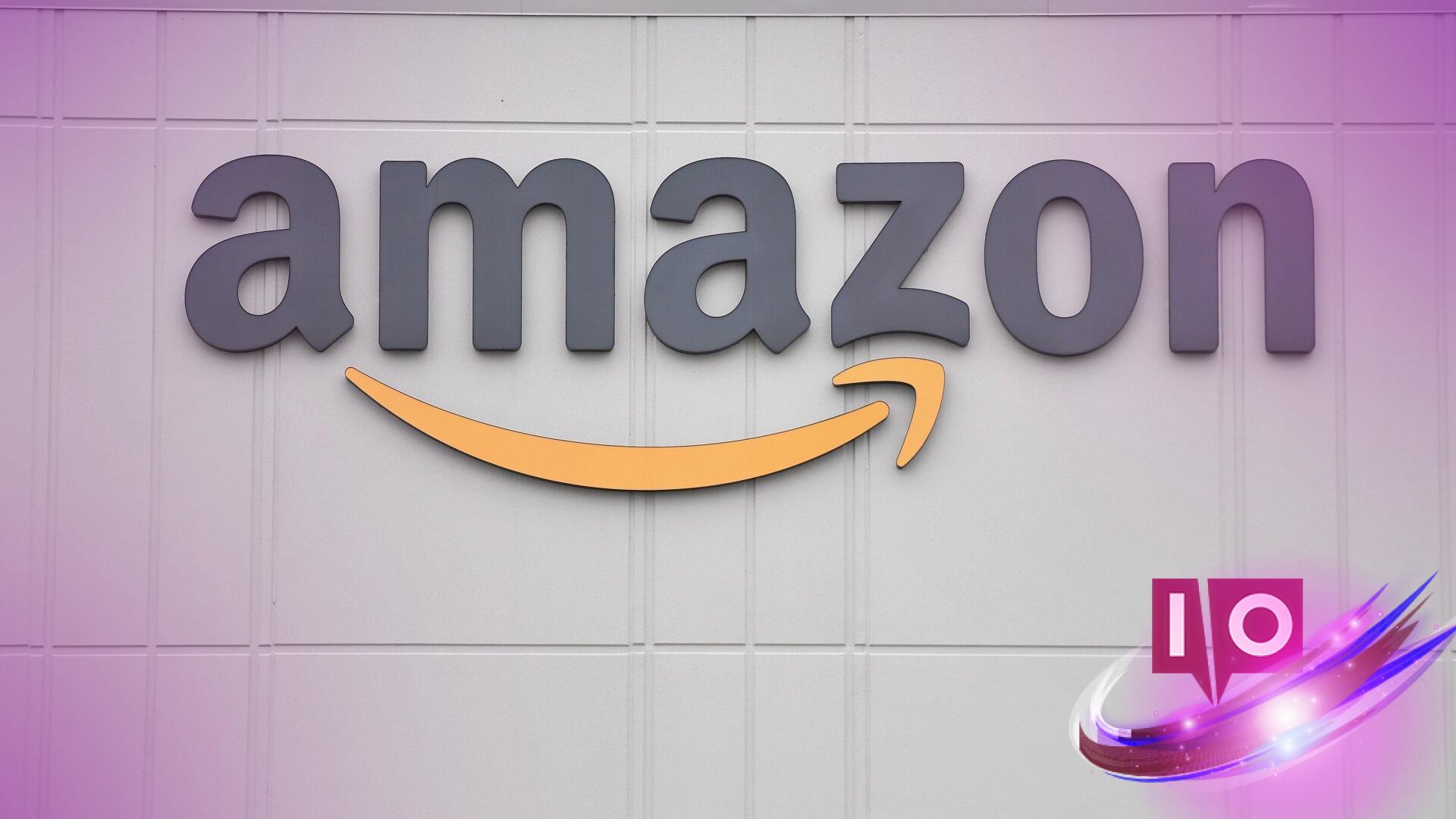The job market in America is facing significant challenges, with massive layoffs across several industries. In recent weeks, companies like Amazon and Meta have announced substantial workforce reductions, and the outlook for job seekers seems increasingly disheartening. With Amazon planning to cut around 14,000 positions and Chegg reducing its workforce by a staggering 45 percent, the implications of these shifts are keenly felt.
This situation raises important questions: Is this wave of layoffs primarily due to the rise of artificial intelligence (AI)? Or are deeper economic issues at play? The narrative surrounding these job cuts is often focused on AI efficiencies, but many experts suggest this might be more of a public relations strategy than a true reflection of the economic landscape.
1. The Current Layoff Trend
In recent announcements, companies like FedEx, Paramount, General Motors, Target, and UPS have also disclosed plans to downsize their workforces. This trend is part of a growing sentiment that many businesses are struggling, prompting them to tighten their belts. The overarching narrative, however, seems to suggest that the introduction of AI technologies is a primary driver of these layoffs.
2. Examining the Impact of AI
While AI is often cited as a culprit for job losses, experts are skeptical about attributing the layoffs solely to technological advancements. David Autor, an economics professor at MIT, argues that companies may find it easier to attribute their staffing decisions to AI rather than admitting to broader economic struggles. This indicates that while AI does play a role, it may not be the only factor in the current job landscape.
3. Economic Conditions and Job Stability
The economic situation in the U.S. appears to be deteriorating. Financial analysts from Morningstar point out that GDP growth has slowed and consumer sentiment is weakening. The labor market added just 22,000 jobs in August, significantly below expectations. These indicators suggest that the current economic climate is influencing businesses’ decisions to eliminate jobs.
4. The Role of Corporate Messaging
Companies may be leveraging the AI narrative to mask their true financial challenges. For instance, laying off staff during an economic downturn is often framed as a push toward efficiency rather than a sign of struggle. In reality, many firms could be using the advancements in AI as a convenient cover story while navigating their own financial limitations.
5. The Future: AI or Economy?
So, are these layoffs driven by AI or a faltering economy? The reality is likely a mix of both. Many businesses are integrating AI technologies, but the weakened economy compels them to make tough decisions quickly. It’s essential to recognize that these are complex issues, and the reasons behind layoffs are typically multifaceted.
Why are so many companies laying off employees right now?
Many companies are responding to a combination of economic pressure and the drive for technological efficiencies, leading to unprecedented job cuts.
Is AI truly taking away jobs?
While AI is reshaping certain roles, the broader economic conditions also play a significant role in job losses across various sectors.
What are the long-term implications of using AI in the workplace?
Using AI can increase efficiency, but its integration may displace traditional jobs, leading to considerable workforce adjustments.
How can employees safeguard their jobs in this climate?
Investing in skills relevant to AI and evolving technologies may help employees remain competitive in a changing job market.
As the situation unfolds, the importance of adaptability and skills development cannot be overstated. If you find yourself navigating these challenging waters, consider exploring opportunities to upskill or pivot your career path. For more insights on workforce trends and technology, visit Moyens I/O.
